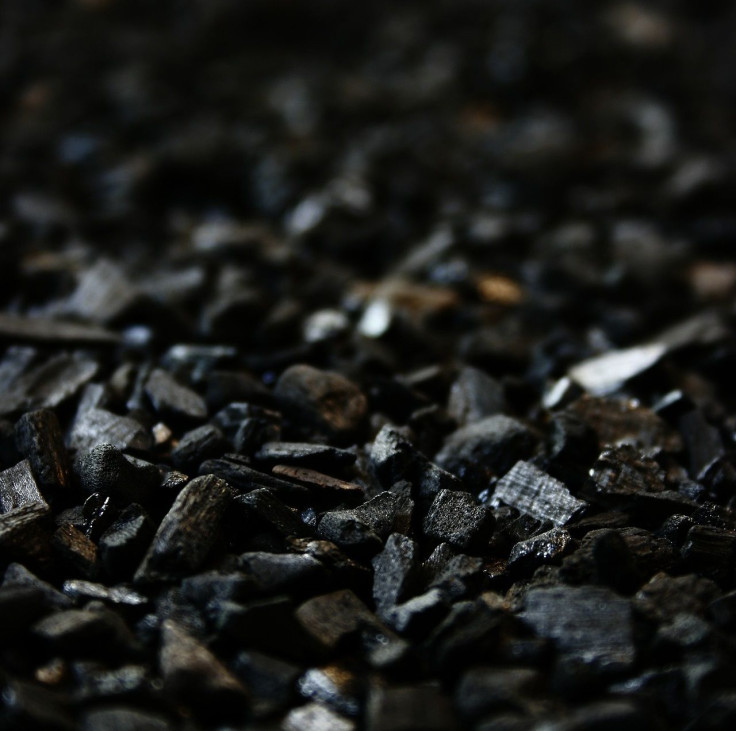6 Weird Home Remedies That Will Help Manage Your Oily Skin And Hair

Waking up feeling gross, constant breakouts, having to shampoo every day — these are familiar struggles for people with oily skin and hair. Knowing that oily skin decreases wrinkles as we get older is little consolation for massive breakouts today. The drugstore has many solutions, but those are often expensive and they don’t always work. Fortunately, there are natural remedies we can all use at home to suck out some of the oil from our pores and follicles, and keep that skin and hair nice and healthy.
Saltwater
People with oily skin may have noticed that lovely tight feeling of cleanliness on their faces every time they spend the day near the sea. That would be the saltwater in the air. Salt has natural drying power, which is ultimately why drinking it makes humans even thirstier and more dehydrated. Using saltwater on oily skin and hair could be as simple as filling up a spray bottle with water and salt, shaking it vigorously and spritzing some onto problem areas. But don’t overdo it — the Huffington Post warns that using it excessively could make hair brittle. It can also dry out the skin too much and cause it to amp up oil production, resulting in great zits of irony.
Citrus
Orange and lemon are common in face washes because the citric acid found in these fruits removes dead skin cells and reduces the amount of oil in your pores, according to Best Health, a publication of Reader’s Digest. As a bonus, citrus can treat acne because of its “antibacterial and antifungal properties,” the Huffington Post notes. “Simply slice open a lemon and rub it across your face.” Adding honey to that remedy could treat blackheads too.
Aloe vera
Among its many other uses, topical aloe can do wonders for the skin. The National Institutes of Health notes the plant, which is a natural moisturizer, popularly treats skin conditions such as burns, psoriasis and cold sores. Add oily skin and hair to that list. Bustle explains aloe is — like citrus — an antifungal and antibacterial and clears away dead skin cells on the face and scalp. Combining aloe and citrus at home could have some powerful results.
Frequently changing towels
This isn’t the same as trying out a new face cream, but simply using separate towels for your face and body and changing out those towels frequently can go a long way, especially for people with acne. “Your facial skin is delicate and sensitive, and none of the oils from your body or your hair should ever be transferred on your face,” dermatologist Dr. Amy Weschler told Cosmopolitan. Like oils, bacteria can also take a ride to your face from other body parts when the same towel is used for both. The publication really hammers this home: “Do you really want to be drying off your face with the same towel you just used to dry off your bum? Think about it.”
Charcoal
The jury is still out on whether charcoal really reduces oil in the skin, but it’s been showing up in skin care products more and more because of its absorbency. Allure notes that hospitals have long been using activated charcoal to sop up alcohol and drugs in overdose victims’ stomachs before the drugs are absorbed into the bloodstream. On the face, “when dirt and oil in your pores come in contact with the carbon, they stick to it and then get washed away when you rinse,” cosmetic chemist Ni’Kita Wilson told that publication. And Best Health suggests putting some charcoal into shampoo could remove toxins from and add volume to oily hair.
Baby powder
Instead of using dry shampoo, which can feel gross, rubbing a little baby powder into your hands and then running your hands through your hair could lift out some of the oil that has accumulated throughout the day or over night. “The only tricky part is making sure you've blended all of it in so you don't end up with any awkward powder spots,” Bustle notes. In the vein of powders, some people even recommend adding a little baking soda to your regular shampoo to kick out the oil.
In between using these home remedies, for an extra touch-up throughout the day, simply wiping oily areas on the face with a wet paper towel leaves the skin feeling much cleaner. And to reduce redness on popped zits or small irritations, topical antibiotic ointments like bacitracin are effective in a pinch.



























